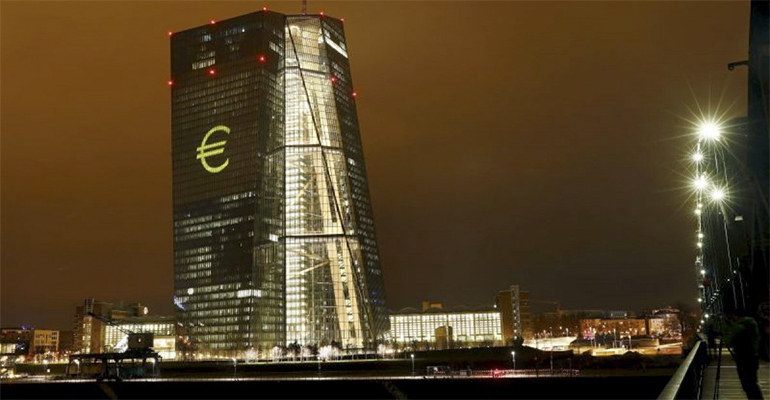J.P. Marín-Arrese | Pressed by a skyrocketing headline and core inflation, the ECB took the boldest step in its history when it raised rates by 75 basis points. Further hikes will follow in a desperate attempt to curb the current price spiral. Will they achieve this goal? For all the bombastic claims made by Christine Lagarde, there is good reason to doubt the ECB might solve such an entrenched problem. The monetary tightening comes too late and fails to address all issues at stake.
While toughening credit conditions will help, the ECB seems utterly cautious and reluctant to drain the liquidity it injected to fight the previous crises. It has good reasons for taking that line of action. The mere announcement to phase out the asset-buying programme triggered extensive turmoil in debt markets as divergence within the Eurozone revealed how vulnerable some sovereigns proved. The ECB also fears redemption of the substantial facilities awarded to the banking industry might lead to a credit crunch. Thus, it has chosen to carry on monetising public deficits and providing ample backing to financials.
The ECB’s resolve to tame inflation further clashes with Europe’s grim economic prospects. According to forecasts it issued yesterday, the Eurozone will plunge close to stagnation next year while prices will keep a brisk pace at 5%. Moreover, a recession would probably ensue should Russia close down all gas supplies. Thus, the scope to tighten its monetary stance seems extremely narrow and short-lived. The ECB only enjoys a small window of opportunity for raising rates before the downturn forces it to backptrack.
Against such odds, any attempt to cut short the inflationary bout seems doomed. However, the ECB must act if only to preserve its credibility. It failed to act when prices started to soar last year, and now it proves too late. It can only hope to curb the expectations and dampen demand. Fingers crossed that this move will slow down prices.
Inflation will disappear of its own accord when prices reduce the purchasing power of consumers and overall spending matches supply regardless of its dearness. As the ECB can hardly accelerate this process unless it performs a socially unacceptable crash landing, it should aim at collecting as much ammunition as it can in order to cope with the coming downturn. It might need it relatively soon.





